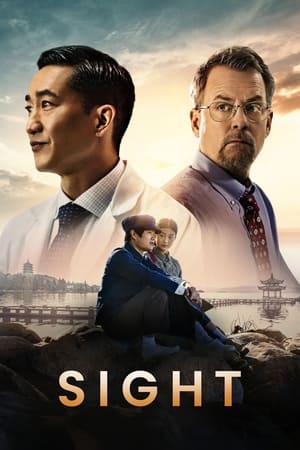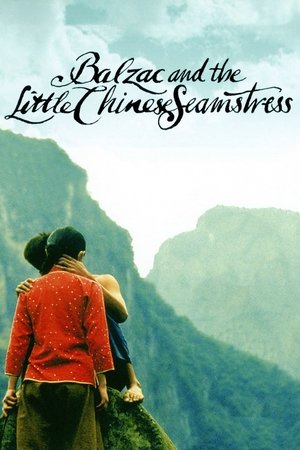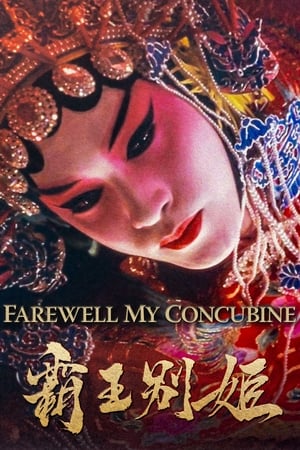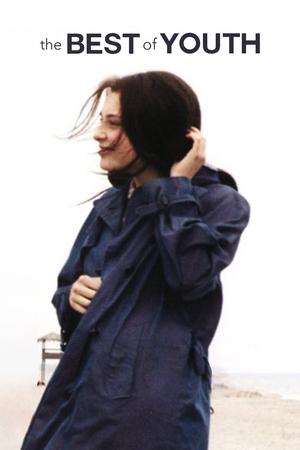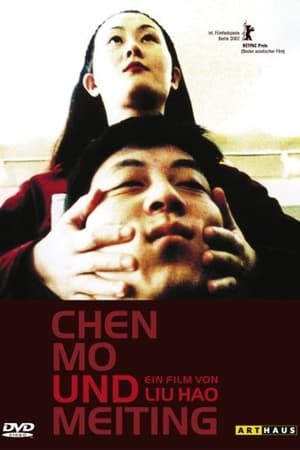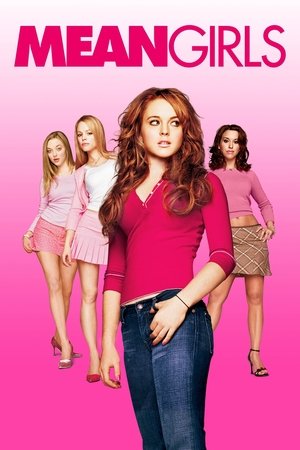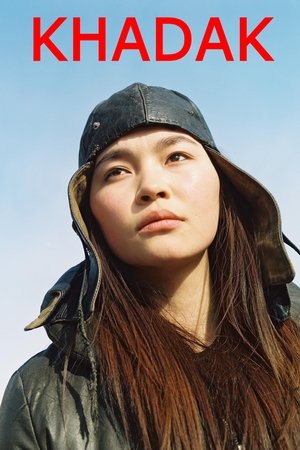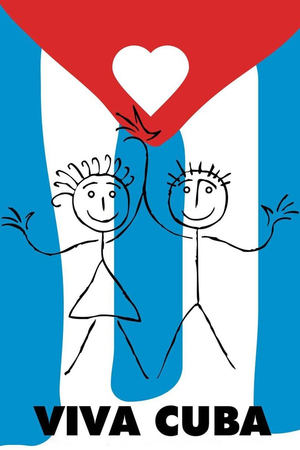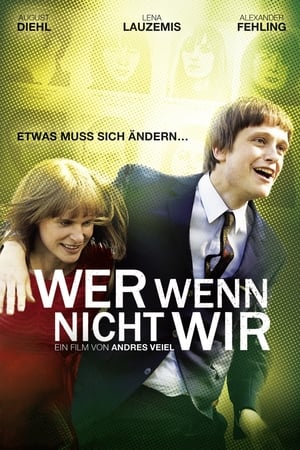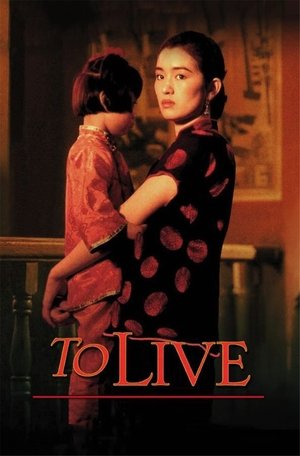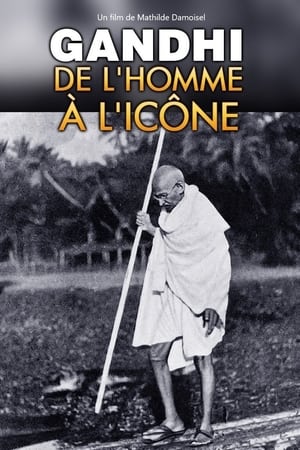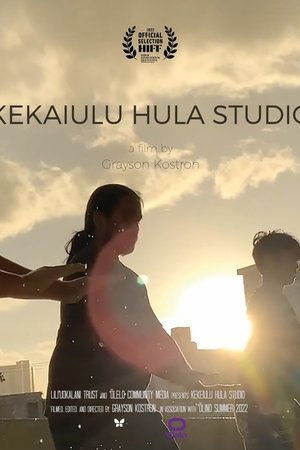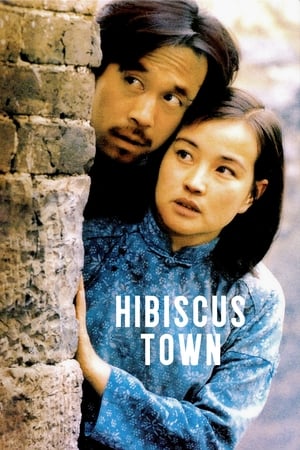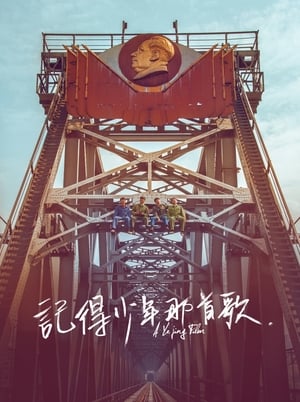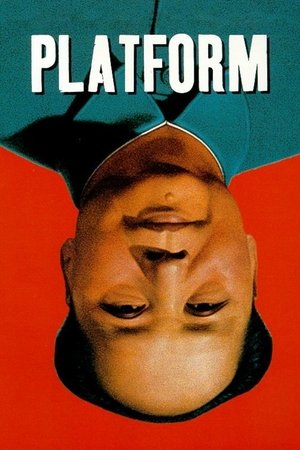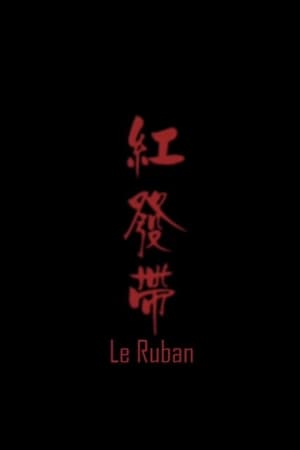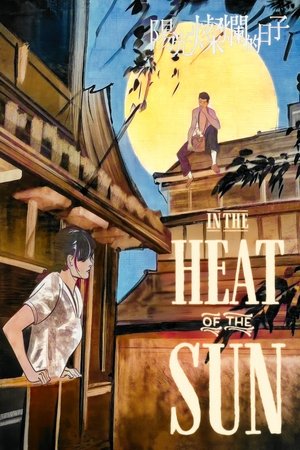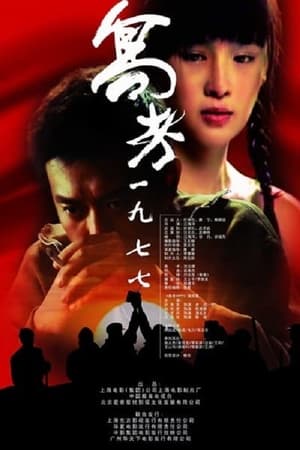Overview
A group of performing art troupe members each face their own trials and tribulations in Chengdu; from escaping a family scandal to dealing with unrequited love, each experiences rejection that shapes their lives.
Reviews
Youth is a reflective drama set in the 1970s that follows a group of young military art troupe members, highlighting the unseen emotional and personal struggles behind their disciplined facade. Though the film focuses more on friendship and romance than military life, it effectively showcases the human side of soldiers through strong performances and a relatable narrative. Despite minor flaws in war effects and emotional depth, the film delivers a powerful message about sacrifice, making it a poignant tribute to the lives behind the uniform.
Read the full review here: (Indonesian version : alunauwie.com)

 136 min
136 min
 7.308
7.308
 2017
2017
 China
China
 Alunauwie wrote:
Alunauwie wrote: